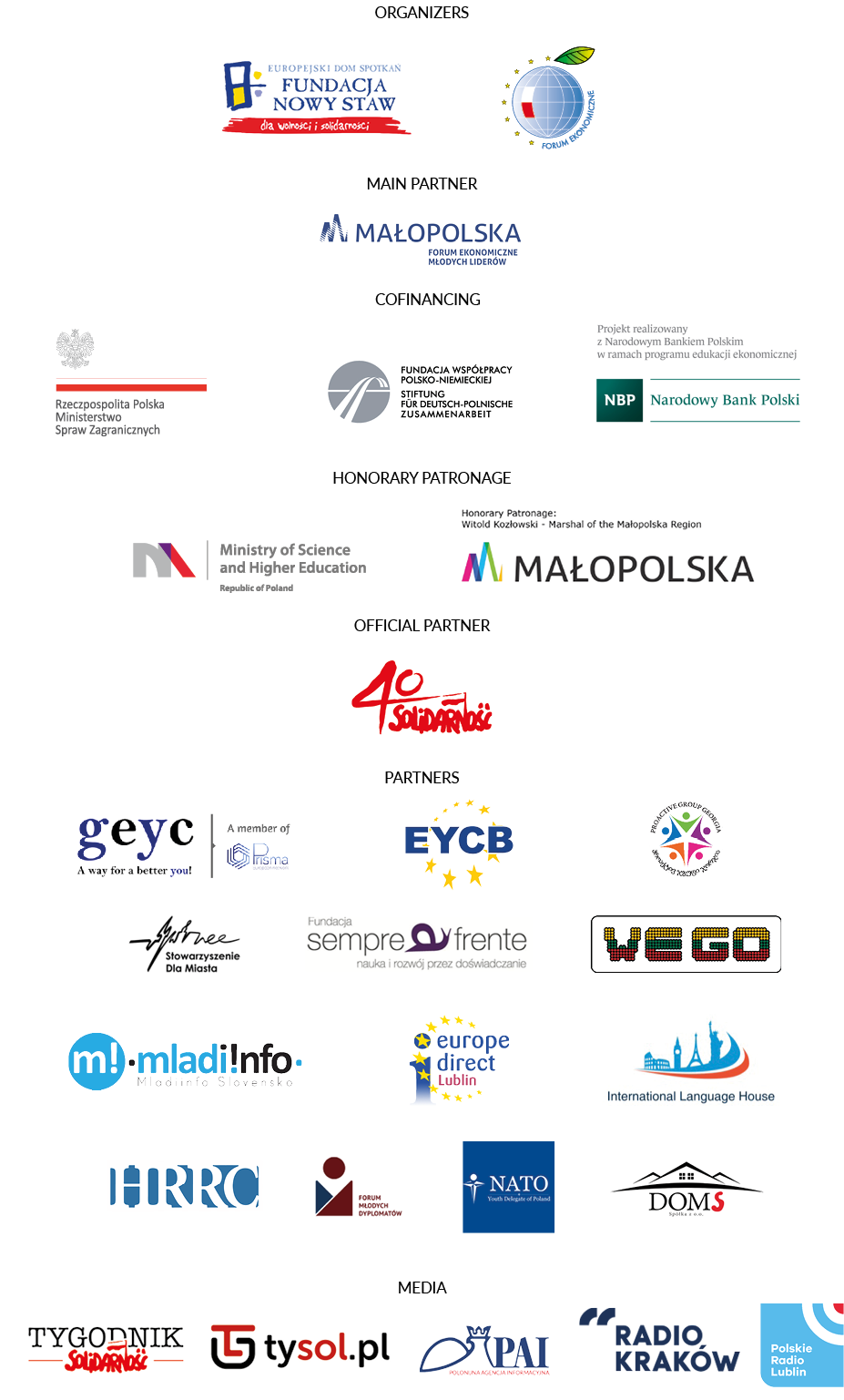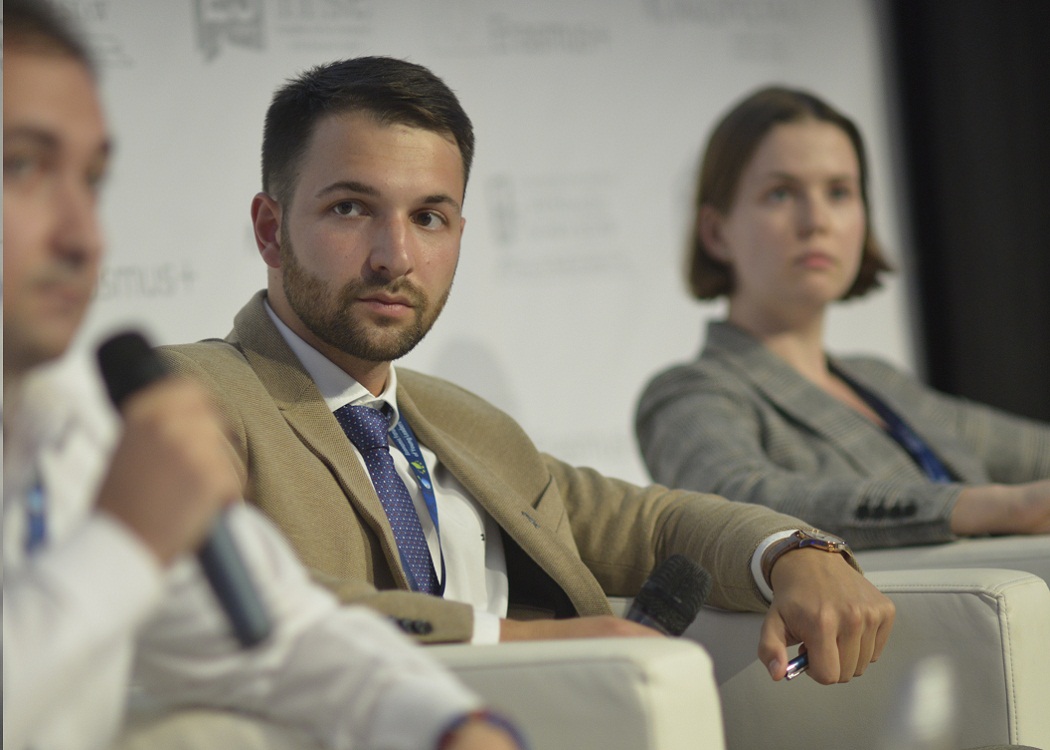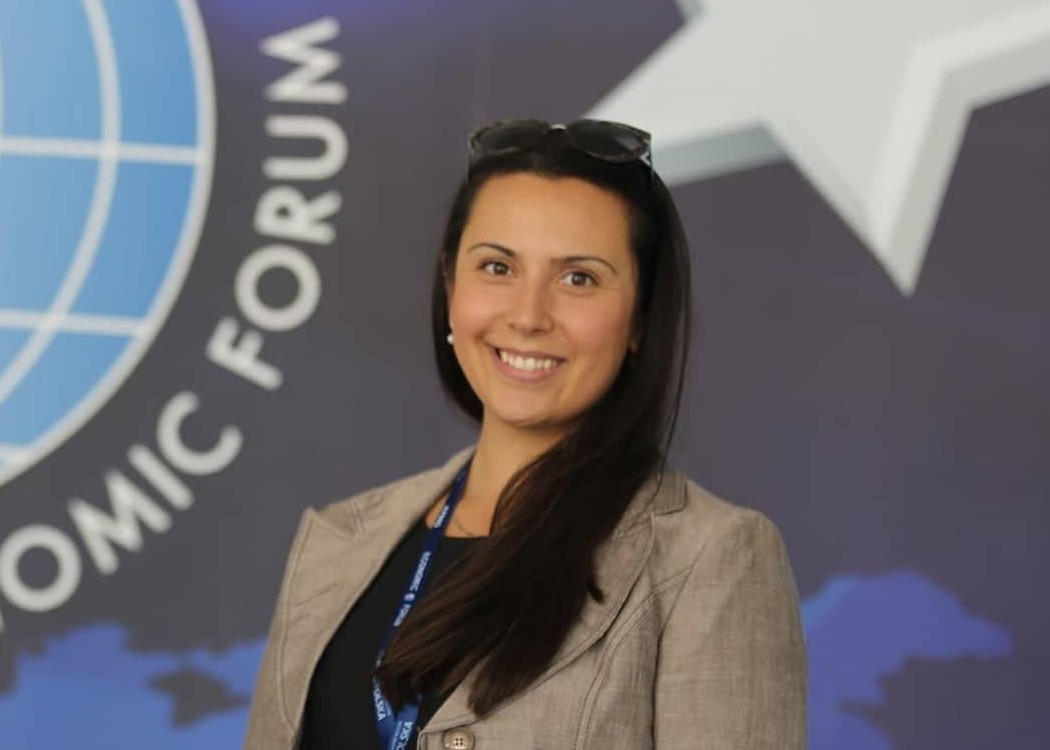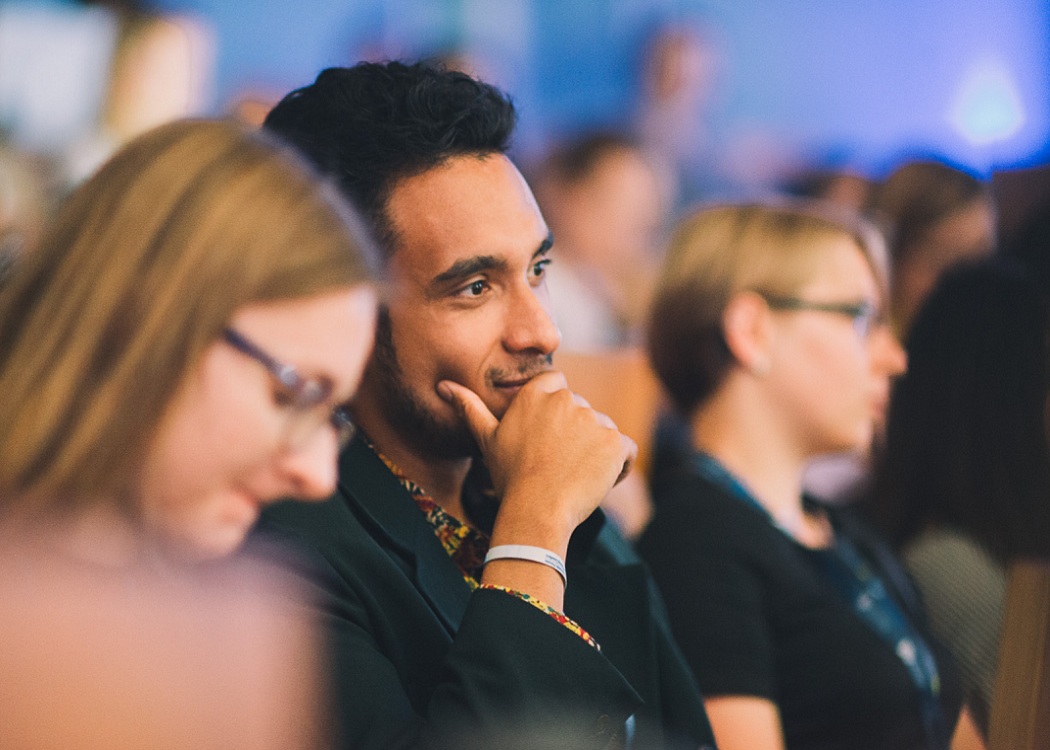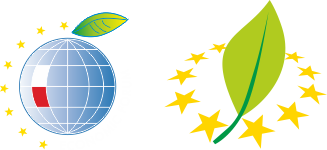
15th Economic Forum of Young Leaders
online
THE BIGGEST VIRTUAL INTERNATIONAL SOCIAL AND ECONOMIC MEETING
OF YOUNG LEADERS IN EUROPE
September 8-10, 2020
"Solidarity of Young Leader ŌĆō Future Skills"
REGISTRATION COMPLETED
ADD TO CALENDAR 2020-09-07 10:00:00 2020-09-11 20:00:00 Europe/Warsaw 15TH ECONOMIC FORUM OF YOUNG LEADERS The biggest international social and economic meeting of young leaders in Europe Poland, Nowy Sacz ECONOMIC FORUM OF YOUNG LEADERS forum@forum-leaders.eu
AGENDA
of the 15th Economic Forum of Young Leaders ŌĆō Online
8 SEPTEMBER 2020 ŌĆō Day 1
ONLINE
- 10:00-10:45
-
Opening session of the 15th Economic Forum of Young Leaders ŌĆō Online
Leading:
ŌĆó Piotr Wojdy┼éo ŌĆō Leading the Economic Forum of Young Leaders - Online
Prelegenci:
ŌĆó Rafa┼é Weber ŌĆō Secretary of State of the Polish Ministry of Infrastructure
ŌĆó Marcin Ociepa ŌĆō Secretary of State of Polish Ministry of National Defense
ŌĆó Anna Moskwa ŌĆō Undersecretary of State of the Ministry of Maritime Economy and Inland Navigation of the Republic of Poland
ŌĆó Tomasz Micha┼éowski ŌĆō Head of the Political Cabinet of the Minister of Science and Higher Education
ŌĆó Agata Dziubi┼äska ŌĆō Gawlik ŌĆō President of the European Meeting Center - Nowy Staw Foundation - 10:45-11:00
-
BREAK
- 11:00-13:00
-
Workshop sessions:
- ŌĆ£Building a Civil Society, Solidarity and International PartnershipsŌĆØ
How to take the direction of a fairer society, tools for civil society to influence decision-making processes in the European Union based on case studies of world initiatives. How to build solid international partnerships
ŌĆó Mateusz Szyma┼äski - Plenipotentiary of the National Committee of NSZZ "Solidarity" for youth matters
ŌĆó Monika Sobiech - Representative of the National Youth Section of NSZZ "Solidarity" - ŌĆ£Fake News ŌĆö Disinformation Tool!ŌĆØ
How to spot fake news on the Internet? Can young people avoid disinformation? What techniques and tools are most often used when publishing fake news? How to recognize what is truth and what is fiction on the Internet?
ŌĆó Pawe┼é Pietkun - Journalist, publicist, correspondent of Tygodnik Solidarno┼ø─ć - ŌĆ£Workshop on diplomatic protocolŌĆØ
Knowledge about diplomatic protocol is a useful skill for diplomats, but also for representatives of organizations and companies. This workshop session is an opportunity to develop your knowledge and skills in this field.
ŌĆó Bartosz Czerniawski - Co-founder of the Savoir Vivre Bonawentura Academy - ŌĆ£AI among usŌĆØ
What is Artificial Intelligence? Where can we come into contact with it? Will robots take over the world inevitably, or can AI be used for work, learning, entertainment, or helping? At the meeting, we will learn the answers to these questions and we will learn about useful tools for everydayŌĆÖs life.
ŌĆó Aleksandra Kulik - Vice-president of the Sempre a frente Foundation
- ŌĆ£Building a Civil Society, Solidarity and International PartnershipsŌĆØ
- 13:00-13:15
-
BREAK
- 13:15-14:30
-
Debate:
ŌĆ£The Reality after the Pandemic ŌĆō what Kind of Europe does the Young Generation Need?ŌĆØToday's world is a system of many economic, social and labour inequalities. How to build solidarity in Europe and eliminate inequalities? How to encourage young people to act together? Can civil society organizations be a platform for change for a better tomorrow?
Moderator:
ŌĆó Alicja Skowron - Przedstawiciel NSZZ "Solidarno┼ø─ć"
Speakers:
ŌĆó Artur Sobo┼ä ŌĆō Secretary of State, Ministry of State Assets
ŌĆó Peter Seideneck - Advisor to the President of the Federation of German Trade Unions
ŌĆó Micha┼é Ossowski - Editor in Chief ŌĆ×Tygodnik Solidarno┼ø─ćŌĆØ
ŌĆó Maciej Tyczy┼äski - Chairman of the Youth Section of NSZZ "Solidarity"
ŌĆó Gabriel Brezoiu - General Manager, GEYC, Romania - 14:30-14:45
-
BREAK
- 14:45-15:00
-
Virtual study visit of Polish companies:
KGHM Polska Mied┼║, Azoty Pu┼éawy, WSK ŌĆ£┼ÜwidnikŌĆØ - 15:00-15:30
-
SUMMARY OF DAY I
9 SEPTEMBER 2020 ŌĆō Day 2
ONLINE
- 10:00-10:15
Greeting participants by the leader.
- 10:15-11:30
-
Discussion panel:
ŌĆ£Digital Evolution or Revolution?ŌĆØ
The current situation has transferred most of the activities to the network. Are we at the edge of a digital evolution or can we speak about total revolution? Will modern digital tools and remote work change the labour market? What will be the impact of the development of artificial intelligence on the development of innovation?
Moderator:
ŌĆó Jan j. Zygmuntowski ŌĆō Chairman of Instrat Foundation
Speakers:
ŌĆó Micha┼é Polak ŌĆō Vice-president of the Warsaw Institute of Banking
ŌĆó Justyna Or┼éowska ŌĆō Prime Minister's Plenipotentiary for GovTech Poland
ŌĆó Leszek Skiba ŌĆō President of the Management Board of the Bank PEKAO S.A.
ŌĆó Miko┼éaj R├│┼╝ycki ŌĆō Vice-President of the Polish Agency for Enterprise Development
ŌĆó Olga Semeniuk ŌĆō Undersecretary of State in the Ministry of Development of the Republic of Poland - 11:30-11:45
-
BREAK
- 11:45-12:00
-
Solidarity in the past and today ŌĆō promotion of the 40th anniversary of the founding of Independent Self-governing Trade Union ŌĆ£SolidarityŌĆØ
- 12:00-13:00
-
SPECIAL GUEST OF THE ECONOMIC FORUM OF YOUNG LEADERS ŌĆō ONLINE
Andrzej Duda - The President of the Republic of Poland - 13:00-13:05
-
BREAK
- 13:05-14:00
-
Discussion panel: ŌĆ£Young Europeans: Together towards Freedom and SolidarityŌĆØ
Young people in Europe are currently facing many difficulties in terms of job loss, crisis and pandemic. These threats require joint initiatives among young people. Can young people influence today's world decision makers? Are the values that existed at the beginning of the "Solidarity" movement, which overcame communism in a peaceful way, still present today? Can we unite in a common cause?
Moderator:
ŌĆó Anna Zi─Ötek ŌĆō Przedstawiciel NSZZ ŌĆ×Solidarno┼ø─ćŌĆØ
Speakers:
ŌĆó Tea Jarc ŌĆō President of the Youth Committee of the European Trade Union Confederation
ŌĆó Stanis┼éaw Szwed ŌĆō Secretary of State, Ministry of Family, Labor and Social Policy of the Republic of Poland
ŌĆó Jacek Kurz─Öpa ŌĆō Member of the Polish Sejm
ŌĆó Edgar Kobos ŌĆō Youth Delegate of the Republic of Poland for the 75th Session of the UN General Assembly
ŌĆó Ksenia Ulanowicz-Sienkiel ŌĆō Secretary of the National Youth Section of NSZZ ŌĆ£SolidarityŌĆØ - 14:00-14:05
-
BREAK
- 14:05-15:10
-
Discussion panel: ŌĆ£What Heroes does the World Need?ŌĆØ
We are experiencing an unpredictable crisis that affects all dimensions of our everyday life. This is a time when international solidarity is needed to respond to the challenges and problems caused by the pandemic. 40 years ago, "Solidarity" became a symbol and inspiration to fight for democracy with the communist regime in Poland and in many European countries. Can each of us become a hero and fight for a better tomorrow thanks to our commitment?
Moderator:
ŌĆó Emilia Ha┼äczuk ŌĆō Przedstawicielka NSZZ ŌĆ×Solidarno┼ø─ćŌĆØ
Foreword:
ŌĆó Luca Jahier ŌĆō President of the European Economic and Social Committee
Speakers:
ŌĆó Sigrid Schraml ŌĆō Secretary-General, The European Centre for Workers' Questions, Germany
ŌĆó Krzysztof ┼Üwi─ģtek ŌĆō The publicist in Polish Radio
ŌĆó Giorgi Agirbaia ŌĆō Founder at ProActive Group Georgia
ŌĆó El┼╝bieta Rafalska ŌĆō Member of the European Parliament
ŌĆó Marek Lewandwoski ŌĆō Spokesman NSZZ ŌĆ×SolidarityŌĆØ - 15:10-15:25
-
SUMMARY OF THE DAY, INVITATION TO AN INTERCULTURAL EVENING
- 18:00-19:00
-
POLISH CULTURAL EVENING
10 SEPTEMBER 2020 ŌĆō Day 3
ONLINE
- 9:30-10:30
-
PLENARY SESSION OF THE 30TH ECONOMIC FORUM ŌĆō LIVE
- 10:30-11:00
-
EMISSION OF INTERVIEWS ABOUT SOLIDARITY IN TODAY'S WORLD
INTERVIEW WITH THE GUESTS OF THE ECONOMIC FORUM - 11:00-12:00
-
Discussion panel:
ŌĆ£Three seas, one strategyŌĆØ
Can the twelve countries connecting the three seas become a real force in international relations? Despite the differences, are the members of the Three Seas Initiative able to develop one strategy and act as a counterweight to the German-French tandem? Can strategic infrastructure initiatives contribute to the economic development of this region?
Moderator:
ŌĆó Karolina Wanda Olszowska ŌĆō Coordinator of the Regional Center for International Debate in Krak├│w
Speakers:
ŌĆó Pawe┼é Jab┼éo┼äski - Undersecretary of State for Economic and Development Cooperation, Africa and the Middle East
ŌĆó Anna Moskwa - Undersecretary of State of the Ministry of Maritime Economy and Inland Navigation of the Republic of Poland
ŌĆó Aleksander Arabad┼║i─ć - President and co-creator of the Academy of European Careers
ŌĆó Piotr Bajda - dr hab, Lecturer at the Cardinal Stefan Wyszy┼äski University
ŌĆó Dominika ─åosi─ć - A correspondent for TVP in Brussels - 12:00-12:30
-
THE SUMMARY OF THE ECONOMIC FORUM OF YOUNG LEADERS ŌĆō ONLINE, ENDING SESSION
